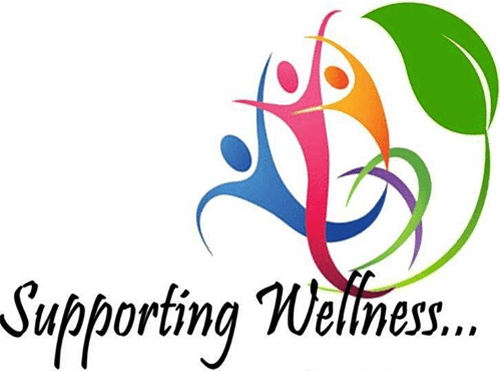10 important habits of emotionally healthy families
Ah, family. The very word is likely to conjure up mixed emotions in most of us: peace yet resentment, happiness yet anger, jealousy yet joy, anxiety yet safety. Family members have a way of getting under our skin while simultaneously being some of our favorite people in the world.
So how do you navigate the tricky business of promoting the long-term health and wellbeing of your family? It requires ongoing effort, reflection, adjustment and flexibility.
Here are 10 vital habits practiced by families that function well and are mostly happy:
1. Set clear boundaries.
- There are few things more important in life than deciding how you want to be treated by others—what kind of behavior you will and will not accept. Healthy families have very clearboundaries on how family members treat other members.
- Even children should be allowed to set boundaries between themselves and siblings/parents. Although they may not be able to assert many when young, they should be given increasing opportunities to create and set personal boundaries the older and more independent they become.
- One of the best things we can teach our children is for them to teach other people how to treat them.
2. Practice kindness and compassion.
- Most would agree that the people they take for granted the most in life are their own family members. We do this because, from a mental standpoint, we believe that they will “always be there” since we spend so much time with them, day in and day out.
- While this is perfectly normal to a certain extent, healthy families pay attention to one another. They are physically, psychologically, and emotionally available to one another. They listen and discuss things when needed, demonstrate the fact that they care, and have compassion and empathy for one another.
3. Be intelligent with conflict resolution.
- Conflict between individuals in healthy families is expected and considered a normal reality of family life. When they occur, methods for resolving conflicts pay respect to the aforementioned boundaries and ‘team spirit’ of the family. Interventions between duelling members are kept to a minimum and only as needed.
4. Express emotions intelligently.
- In healthy families, people actively and conscientiously learn and practice emotional regulation. None of us “has it together” all the time, but even when they “lose it” healthy families do not resort to remarks laced with contempt, verbal, emotional, relational, or physical abuse when expressing their emotions.
5. Don’t play favorites.
- We probably all know of a family where one person or child is treated better than the others. We may have even grown up in such a family—it is exceedingly common. It is quite normal to have preference for certain family members over others. It is even common for parents to feel closer to one child over another. As humans, we tend to gravitate psychologically and emotionally to those with whom we sense we have more in common.
- Healthy families, however, do not let this influence the basic ways in which they treat and interact with other family members. In these families, each person’s worthiness is viewed as equal.
6. Celebrate individual accomplishments, and embrace (or at least accept) the differences.
- Healthy families don’t compete with one another. Period.
- Competition and rivalry between children is considered normal within very specific parameters, but in general it is never good for the wellbeing of a family if they are trying to one-up each other. For this to be possible, each family member benefits from recognizing and identifying with a particular ‘role’ that they play—both in the family, and in their lives/the world in general.
7. Function as a team.
- A family is a sort of business, make no mistake. Healthy families view themselves as a ‘team’—their own mini-corporation if you will. And everyone contributes in some way to keep it running smoothly and stay in the green. Parents represent the CEO and CFO.
- In healthy families, all members get to have their say and weigh in with their opinion on family matters and decisions, even if the CEO and CFO ultimately make the call.
8. Promote and practice acceptance—of self and others.
- Healthy families recognize that their members aren’t perfect, will make mistakes, and can at least accept (if not associate with) the imperfections of others.
9. Know what you can and cannot control.
- In healthy families, the members within it have a keen awareness of when something is beyond their control and it’s time to step away. Whether that’s a third sibling who steps aside from the other two siblings who just can’t seem to get along, or an aunt who—without fail at every family function—asks you why you’re not married yet. Learning to distance yourself from people that make you feel bad is a healthy response.
10. Have a shared value system.
- Take a pair of siblings in almost any family—ones who grew up together in the same household environment, with the same parents, and many of the same childhood experiences—and you will see the power of genetics at play. Their personalities, temperament, personal tastes, and overall disposition may be totally opposite.
- That said, healthy families tend to share a few key values, namely regular social companionship, and upholding themselves as high-functioning well-adjusted members of society.These shared values give them a sense of how to go through the world, and a sense of belonging to their family.
